By Owei Lakemfa
How do you react to a preventable war in which just in Lagos alone – one of the thirty six states in Nigeria -700,000 human beings are annually taken prisoner, and worldwide, 229 million are taken prisoner with over 400,000 yearly sent to early graves? That is the situation with the ancient human war against malaria. Yet humanity has for over 70 years been in a position to win this war but fails to do so largely due to the failure of governance, lack of interest and sabotage by those who profit from this human calamity.
This Sunday, the World Malaria Day was held, with the usual speeches and promises while the casualties pile up. This year’s slogan “Stand up–Take Action” elicits the question, why is it taking the world over a century to stand up and take action?
Towards the close of 2019, the Coronavirus Covid-19 reared its head. Within one year, there were over 200 vaccine candidates being developed, and this year, many countries and companies rolled out various types with hundreds of millions vaccinated. In contrast, after four thousand years of malaria ravaging humanity, there is no single vaccine for it. This is partly due to the facts that humanity does not feel as frightened or threatened, and malaria has scientific cures. Also, the fact is that today, malaria is largely an Africa disease with 215 million or 94 per-cent of global malaria cases occurring in the continent.
Malaria has been so prevalent in Africa, that some said it was a sort of natural biological warfare against European colonialists. In the malaria-infested parts of Africa, it was so difficult for the colonialists to settle that it was unthinkable there could be White Settler colonies in countries like Nigeria. So some jokingly talk about the ‘patriotic mosquitoes’ of Africa which made it, the ‘Whiteman’s graveyard.’
Malaria is caused by Plasmodium parasites transmitted through the bites of infected female Anopheles mosquitoes which are called the vectors. This causes high fever and chills which in severe cases, affect the lungs and block the capillaries carrying blood to the brain. Over the years, it has become resistant to many conventional drugs.
Apart from the human costs, malaria in many African countries, is responsible for the overburdening of health facilities and their near brake down. For instance in Lagos, Nigeria’s economic capital, the state’s Commissioner for Health, Professor Akin Abayomi says malaria alone, is responsible for 70 per-cent of outpatient in public health facilities; 657,154 patients with malaria were seen in both private and public health facilities in the state. In financial terms, the impact of malaria is estimated to cost Africa $12 billion annually.
It is an open secret that there are those who profit from the malaria business and would not want it eliminated. The malaria drugs market is a near $1 trillion business and the pharmaceutical companies producing these drugs are making huge profits. The same goes for the companies producing mosquito nets and the mainly harmful insecticide and mosquito coil.
The anti-malaria dugs business was universally boosted in 2020, when then American President, Donald Trump claimed that the malaria drug, hydroxychloroquine was a “ game changer” against Covid-19. There are also those who make huge profits producing and selling fake malaria drugs.
There is also the Western brainwashing. For the thousands of years malaria has ravaged humanity, Africans have had effective herbal cures. One of the most effective is the inexpensive or virtually free Neem tree and leaves called Dongoyaro in Nigeria with the botanical name, Azadirachta indica. However, Africans were brainwashed into believing that this drug is meant for the uneducated and unsophisticated and that the Western-produced drugs, many of which have become ineffective, are the best treatment for malaria.
There are also the legions of foreign-sponsored non-governmental organisations specialising in endless malaria campaigns and living off the victims.
The solution to this tragic war, is to eradicate malaria by rendering ineffectual or eliminating the female Anopheles mosquito. There are of course environmental consequences as mosquitoes are food source for some animals, birds and fishes but they are not fundamental to them as they have alternative food sources. Besides, other insects can replace them. The net result of eliminating mosquitos would be that many human lives will be saved, ill-health reduced in the world, burden on healthcare reduced and some economies can breathe better.
Nigeria, the country most infected by malaria, does not appear to be focusing on elimination. As its prevalent culture, it prefers to throw money at things even when it hasn’t the money. It announced one week ago that its needs N1.89 trillion to fight malaria.
Health Minister Osagie Ehanire said about 63.1 per-cent of the projected sum will be used to support prevention, diagnosis and treatment and the balance for vector management. Nigeria is of course broke and highly indebted, so it’s main hope is donations. The government is so unserious that even the basic method of reducing malaria prevalence by fumigating gutters and other places mosquitoes breed, has been abandoned. Rather, it seems contented with receiving malaria control stipends from the British DFIFD, Global Fund and negotiating more loans from the World Bank, the African Development Bank, the Islamic Development Bank and USAID.
The question is, why is Nigeria interested more in management of malaria rather than outright eradication which it can in fact afford?
Cuba, that tiny but focused country, eliminated malaria in 1973 and has tried to get countries interested in the process. For some years now, Cuba has had a plan to eradicate malaria not just in Nigeria, but the entire West African region
After various delays and setbacks, Cuba and the Economic Community of West African States, ECOWAS in 2012 signed an agreement to eradicate malaria in three years. The plan was simple; the elimination of the mosquito larvae by effectively spraying biolarvicides – a safe substance that kills the mosquito larvae – on all places they inhabit. The plan was to train the armed forces, private sector operators, vector control specialists, entomologists and the general population in this war, carry out technology transfer and build biolarvicides factories in Nigeria, Cote d’Ivoire and Ghana. Those who initiated that agreement included the then President of the ECOWAS Commission Kadré Désiré Ouédraogo and Nigeria’s Minister of Health Prof. Onyebuchi Chukwu.
Port Harcourt was chosen as site for the Nigerian factory and the then Governor of Rivers State, Rotimi Amaechi who is the current Minister of Transport, promised the state will play its role in the malaria elimination programme. So in 2021, what the Health Minister should be telling Nigerians is not about seeking humongous amounts to manage malaria, but what has happened to the cheap and promising ECOWAS-Cuba initiative?
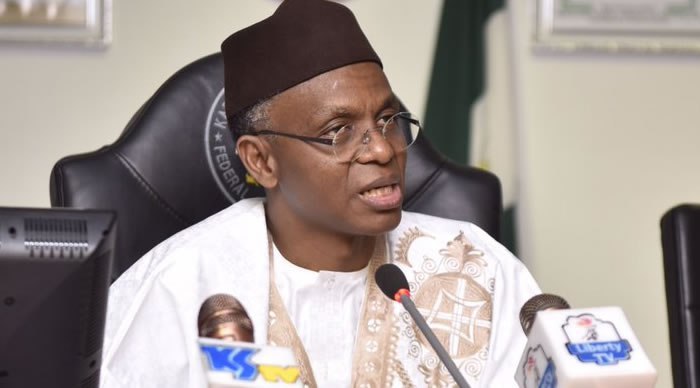
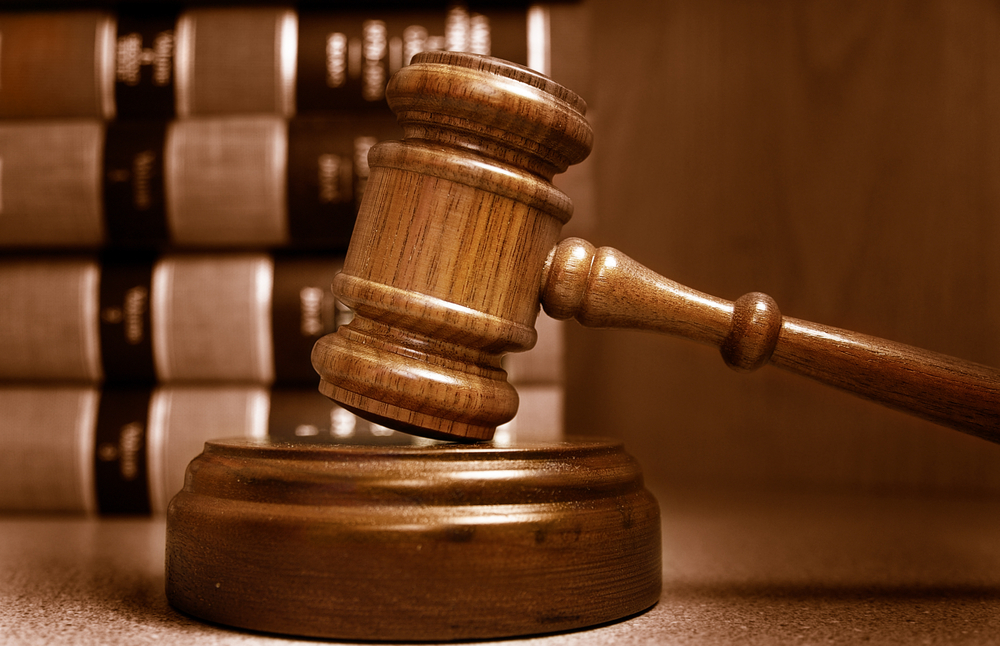
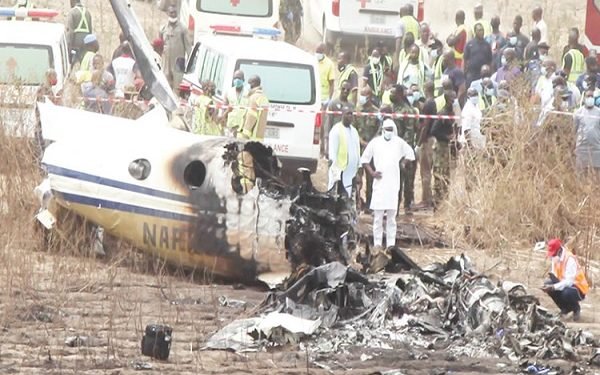
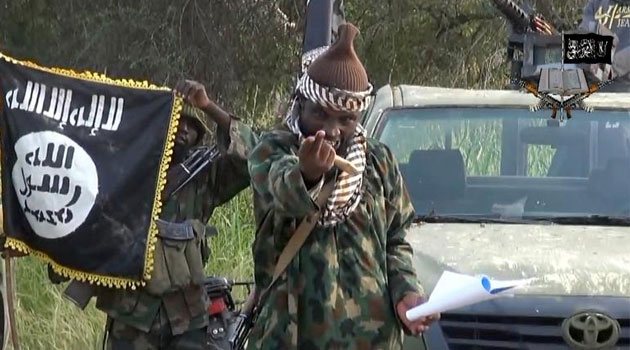

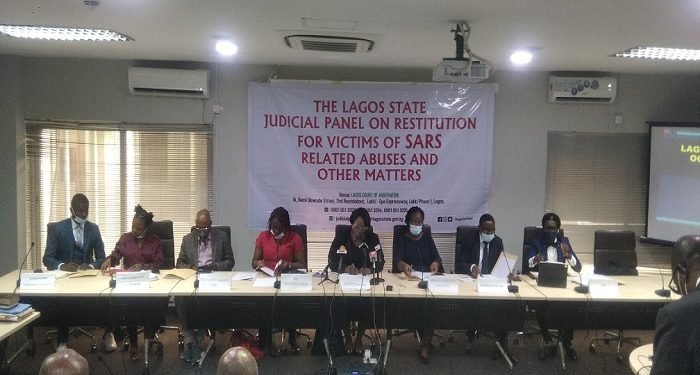
![[Video] 11 Lekki shooting victims moved to Reddington hospital for treatment](https://thenewsguru.ng/wp-content/uploads/2020/10/Eky1yeBXYAc7JEC.jpg)
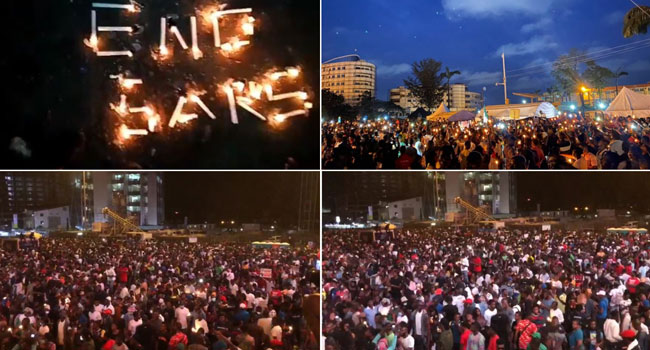
![BREAKING: Sanwo-Olu joins #EndSARS protests, announces N200m compensation for victims [VIDEO/PHOTOS]](https://thenewsguru.ng/wp-content/uploads/2020/10/Sanwo-sars.jpg)
